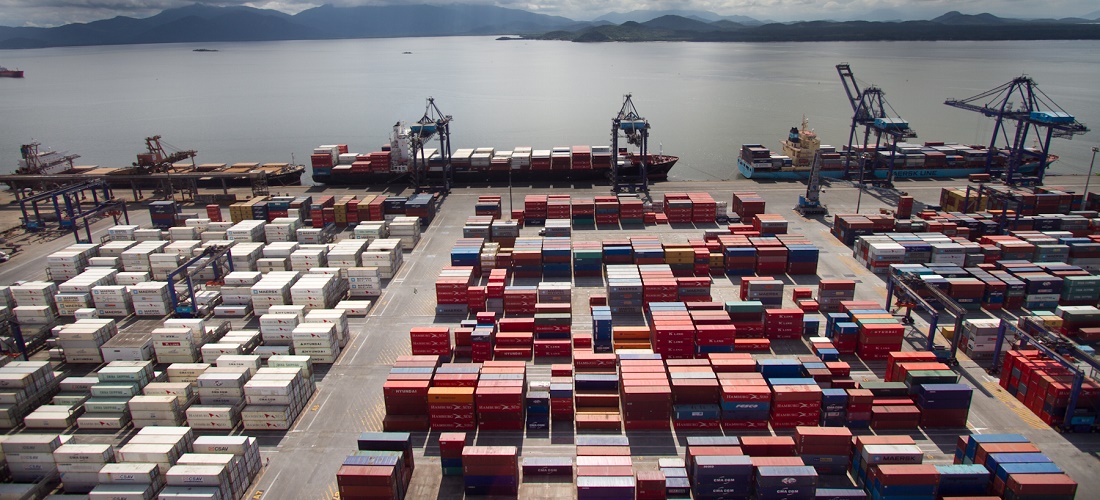
Port terminals must review contracts with the end of Reporto
Jan, 14, 2022 Posted by Gabriel MalheirosWeek 202202
If the Reporto tax incentive is not reinstated, ports can expect a flood of requests to rebalance contracts. The fear stems from President Jair Bolsonaro’s decision to deny the reactivation of the incentive under the BR do Mar project, which was approved last week.
Reporto reduced the cost of investments made by operators. Disbursements are often more expensive without it, which may prevent some of the sector’s planned investments from being carried out.
It is estimated that the discontinuation of the tax regime from 2022 onwards will add a cost that can, in some cases, reach 42% of port equipment prices.
“The solution for Brazil is to invest rather than balance contracts. The rebalancing may minimize the harm, but it will yield negative consequences for business since we need the right circumstances the investments “, according to Jesualdo Conceição da Silva, head of the Brazilian Association of Port Terminals (ABTP).
Investments
According to Silva, due to the absence of Reporto, which has not been deployed since last year, more than R$ 2 billion in planned investments in the port sector have been frozen as they await a decision on whether or not to proceed with disbursements. The market was disappointed by Bolsonaro’s veto, as it has been waiting for the incentive to be renewed for at least two years.
If the veto is not overturned, the rebalancing of contracts will be required since most of these transactions made between the federal government and private companies were made with Reporto, which has been in effect since 2004.
Therefore, from the moment that mandatory investments become more expensive, the government will need to recompose the contracts, an issue that is analyzed on a case-by-case basis by the National Waterway Transport Agency (Antaq).
According to Silva, the impact will not be limited to mandatory investments given that numerous terminals go over mandatory investments to increase service capacity. According to him, the end of Reporto should mostly affect contracts that were recently signed, those that were extended early, and those that still have investments being contracted now or in the future.
Despite having the approval of the Ministry of Infrastructure, the Reporto benefit was not renewed due to the guidelines issued by the Ministry of Economy, which said that renewing the benefit creates a revenue waiver without compensation.
The Ministry of Infrastructure, on the other hand, argued that Reporto’s veto does not necessarily implicate the rebalancing of contracts. According to the governmental body, if a request for recomposition is made, it will be examined on a case-by-case basis, including whether the benefit was factored into the terminal’s cash flow.
“If requests are received, they will be evaluated on a case-by-case basis, taking into account various and unique aspects of each contract, such as the time of investment or, in earlier contracts, if the benefit was even incorporated in the cash flow,” he said. Antaq said that it only takes a stance on demands for economic and financial rebalancing after the Collegiate Board has deliberated.
Source: O Estado de S. Paulo
To read the full original article please visit:
-
Ports and Terminals
Feb, 07, 2022
0
The Port of Natal saw an increase in handling rates in January
-
Trade Regulations
Sep, 29, 2022
0
Brazilian Revenue Service issues normative ruling facilitating imports by individuals
-
Grains
Oct, 18, 2023
0
Northern Brazil drought shifts logistics southward due to low water levels
-
Ports and Terminals
Mar, 06, 2024
0
Brazil and Netherlands Sign Cooperation Agreement for Green Ports Development



